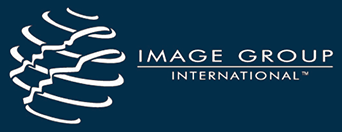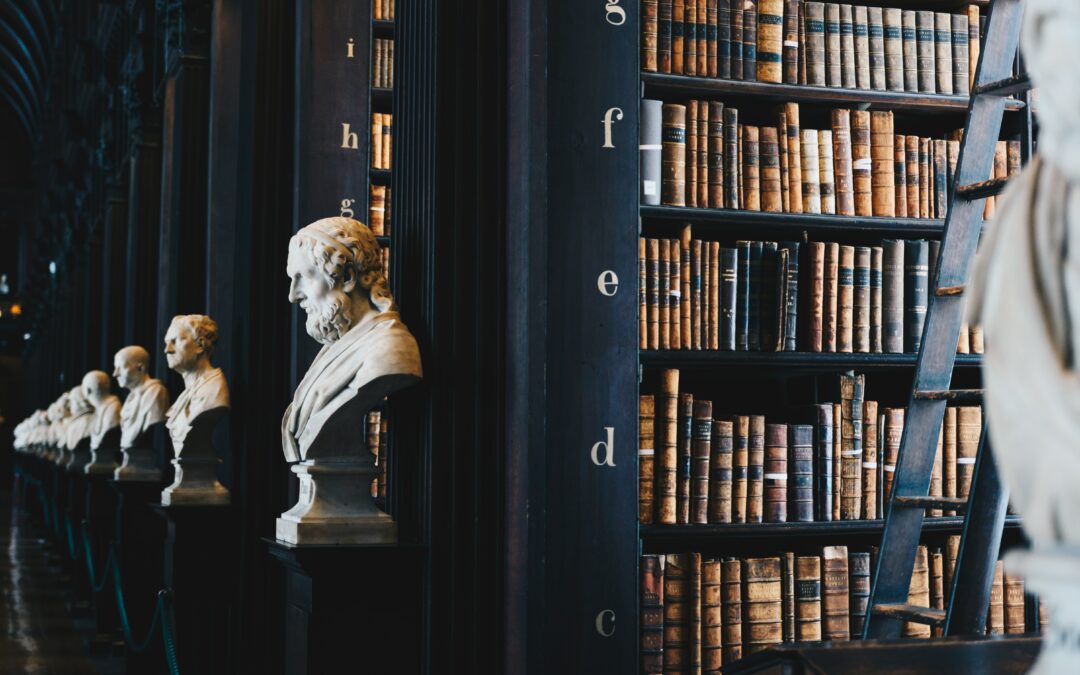Branding plays a big part in all aspects today. Branding supports the organisation and all the individuals to elevate and make their presence felt.
Importance of Branding
To be Seen as the Leader in your Industry
To be effective, every organization, business, individual etc., needs a clear sense of purpose that people within and outside the entity understand. In today’s competitive and crowded marketplace, you must differentiate to stand out from your competitors. Without it, you cannot get cut through to be seen, heard and valued. And what I mean by that is you have so much noise, content, and distractions, especially in the digital world. That is unless you make a convincing case.
You can do that with soft sell or hard sell. What will happen is, if you don’t do that, you don’t get found. And that’s very simple. Because you don’t have to do a Google search, as we all do daily, to look for the product or service you’re searching for. So if they don’t exist online, they don’t exist.
Differentiates You from Your Competitors
It differentiates you from your competitors. When done well, it builds extraordinary added value to your message, the product or service, advertising, marketing, or selling. Branding dramatically increases your visibility factor in the marketplace from being an unknown, or what we call a no brand, to a highly developed global, super brand. And that’s when you get the opportunity.
We talk about global super brands. You’re talking about Coca-Cola, you’re talking about McDonald’s, you’re talking about Louis Vuitton, you’re talking about Chanel, you’re talking about Mercedes, et cetera, these are all global super brands. It’s not like they have to be just luxury; they could be nearly anything in the marketplace and become a global super brand like McDonald’s.
To Communicate and Sell
We brand primarily to communicate. And, to sell, the end game of this is to move your product service or whatever other message you’re hoping to get across no different to a political party or religious organization, or any other form of government that might want to get, you know, even NGO’s that wants to get the message across.
Now that you know why branding-wise is essential. It’s time to mention the
Seven Different Types of Brands
Individual/Personal Brands
The first that we all know well is the individual personal brand. The examples incorporate Elon Musk, Oprah and even right down to Mother Teresa. These are all that we would call personal brands, Tom Cruise is a prominent entertainment brand, and his latest movie, the follow-up to Top Gun, which was highly successful in its day, is what you call branding. That’s a follow-up sequel to his original Top Gun. And, of course, because it’s created a brand legacy, he’s also getting major success with this current movie. Other examples are sportspeople in the Australian vernacular; of course, if you think of Cathy Freeman or Ian Thorpe, these are brands that are recognizable in this country on an international scale.
Everything from soccer to football brands, to cricket brands, et cetera, are all brands and individuals that play that particular sport. A personal brand coach can be the key to unlocking the realm of personal branding as they possess expertise in this subject matter.
To be irreplaceable, one must always be different.
Coco Chanel
That supports the case we’ve already shared regarding how noisy online is.
Organisational, Corporate or Business
The second type of brand we will cover today is the organisational corporate business brand, which means organisations like Amazon, Manchester United from a football perspective, Liverpool for the Liverpool fans, and of course, Greenpeace. They’re all internationally well known, and of course, carry a lot of cachets, other football brands, from the perspective of AFL football, you know, you have Collingwood, Carlton, Essendon, et cetera, Hawthorne, these are all that we would call our corporate sporting brands. And in the education sector, you got Harvard, you got Oxford, these are all brands that speak, and people perceive them as leaders in their field.
Does that always ring true? It doesn’t matter. It’s all a perception. So even if it’s not true, perception is a reality for the person with that perception.
Product
These are brands that represent a particular product. So you know, that could mean Mercedes, McDonald’s, Rolex, these are all product brands. They produce a product that people buy; of course, Coca-Cola fits in. Vegemite is a great product and a tremendous international Australian brand with many cachets and is well renowned. Other products, like Mont Blanc and Penfolds, are in the range, and the cache carriers are worldwide. And other ones like Godiva in chocolates, et cetera. These are all product brands.
Service
Some examples of service brand would be, visa, Qantas, Telstra, every hotel, every airline would be a product of some description. FedEx, Hard Rock Cafe, Sotheby’s, these are all product brands.
The way a company brands itself is everything; it will ultimately decide whether a business survives or fails, or thrives.
Richard Branson
The times we living in survival is also an important consideration now because, at times, being successful is actually to also survive, especially in challenging times. So your business right now is going through some of those challenges. You know, your accountant would normally say cut the cost cuts that cut this cut that, for me, there’s nothing imaginative and creative about operating a business that way. In challenging times, you’re going to have an option here, you got a choice, you’re either going to reinvent and do what you have to do to stay afloat, okay. And then, of course, ride the next wave or do nothing and suffer the consequences. And that’s where branding comes in. Branding is your opportunity to communicate, especially, especially even more so when there is so much negative news around. You can also seek the assistance of personal branding consultants in this stage to ensure you traverse through these challenges swiftly.
Event
The event brand is an event concept that also relates to commercial outcomes. Everything’s got a commercial aspect, even if it’s just reputational. There’s still a commercial outcome from that. The Olympic Games, for instance, is a saleable brand, and Christmas Day is a commercial event brand.
Now, the other one that’s also become a big brand is Anzac Day. There are many other event brands, like the Melbourne Cup, a very famous International, and a horse race, that’s also a big brand. We’ve already spoken about the Olympic Games, World Cup, and FIFA World Cup; these brands have significant commercial returns.
From an international point of view, you got the US Open, Wimbledon, Australian Open etc., have excellent outcomes, and they are not as altruistic as they look. They are also big businesses for governments. And indeed, even the charities are involved with them because it gets them to communicate and push whatever message they are committed to making.
Geographical
Geographical brands, like countries, cities, tourist attractions, et cetera. And the best example I can give us, Australia, Sydney Opera House, this is branding at its best. From an international perspective, what does ‘Made in Italy’ mean for you? Italy, of course, is seen as the Colossus in fashion and style, and what we will call everything aesthetically beautiful has that particular brand. Of course, what do you feel when you think of Paris or New York? What do you think brings up connotations and keywords regarding these cities, countries and geographical locations?
You would have some feeling when you hear about those particular cities, and of course, even more, exciting when you visit them and experience them. These are also essential in positioning countries and even play a significant role from a geopolitical point of view. And, of course, bringing serious tourist dollars, some countries without this would collapse. I’m sure many beautiful countries have yet to be discovered for their beauty. Because for whatever reason, including economics, their branding hasn’t been effective.
Spiritual
People often avoid these brands. Even religion is a brand. And, of course, spirituality has other links, where you can even incorporate whatever you think fits your spiritual beliefs and reality. But there are brands behind that right across the board and in every religion on the planet. Tarot,
There is branding behind the scenes. As I said, some of it is what I would call this hard sell. Some of it is a soft sell. Some of it is over, and some of it is COVID. So this is branding per say. When you get followers to conclude that particular conversation on religion and spirituality when you’ve got the most followers on the planet as Christianity has, that’s what you call branding at its best. And what I mean by that is, we’re in a world today where an influencer, for instance, that Kardashians got to several million followers, and it’s like, big influencer. We’re talking about at least a couple of billion followers here.
That is the difference. When people have bought the belief, the purpose, the mission, then you’ve created a super brand.
Branding Helps you Control the Narrative
That’s the difference in branding. When people have bought the belief, purpose, and mission, then you create a super brand, and you know, and in my experience, has nothing better than studying them, you know, religion spirituality, to see how branding works effectively. And I say that with a lot of experience as a branding coach over the years. So branding is nearly everything.
“Your brand is the single most important investment you can make in your business.”
Steve Jobs
I want to invite you to come on board and send me emails if you have any questions you might have.
Understanding these more significant types will help you see things more clearly from the perspective of getting to where you want to be and help you think objectively.
I hope this blog helped you get a little bit more understanding of the brand new world. I invite you to listen to our podcast on the topic to start your journey to branding yourself.

Jon Michail, Image Consultant | Personal Branding Coach | Business and Personal Branding Strategist | Author | Group CEO and Founder, Image Group International |
Image Group International are Entrepreneurial Activists. Rebels With a Cause!
Jon Michail, Founder and award-winning Chief Imagemaker together with his team at Image Group International help executives and entrepreneurs to build, grow, and monetise their personal brands (online and offline). They help their clients by positioning them to stand out so they attract their ideal clients.
They are committed to maximising an individual’s personal impact, influence, and value in the ever-changing and disruptive business environment.
Image Group International is recognised as Australasia’s leading personal brand image advisory, with over 29 years of proven results.
Continue Reading
- Why Invest in an Authentic Personal Branding Coach?
- IN THE NEWS: Ash Barty’s Meteoric Rise to be the #1 of World Tennis
- A win for small business collaboration: Local Artist Deborah Halpern achieves international success amidst Melbourne Lockdown
- Our Top 12 Style Quotes
- Using an image consultant for women

